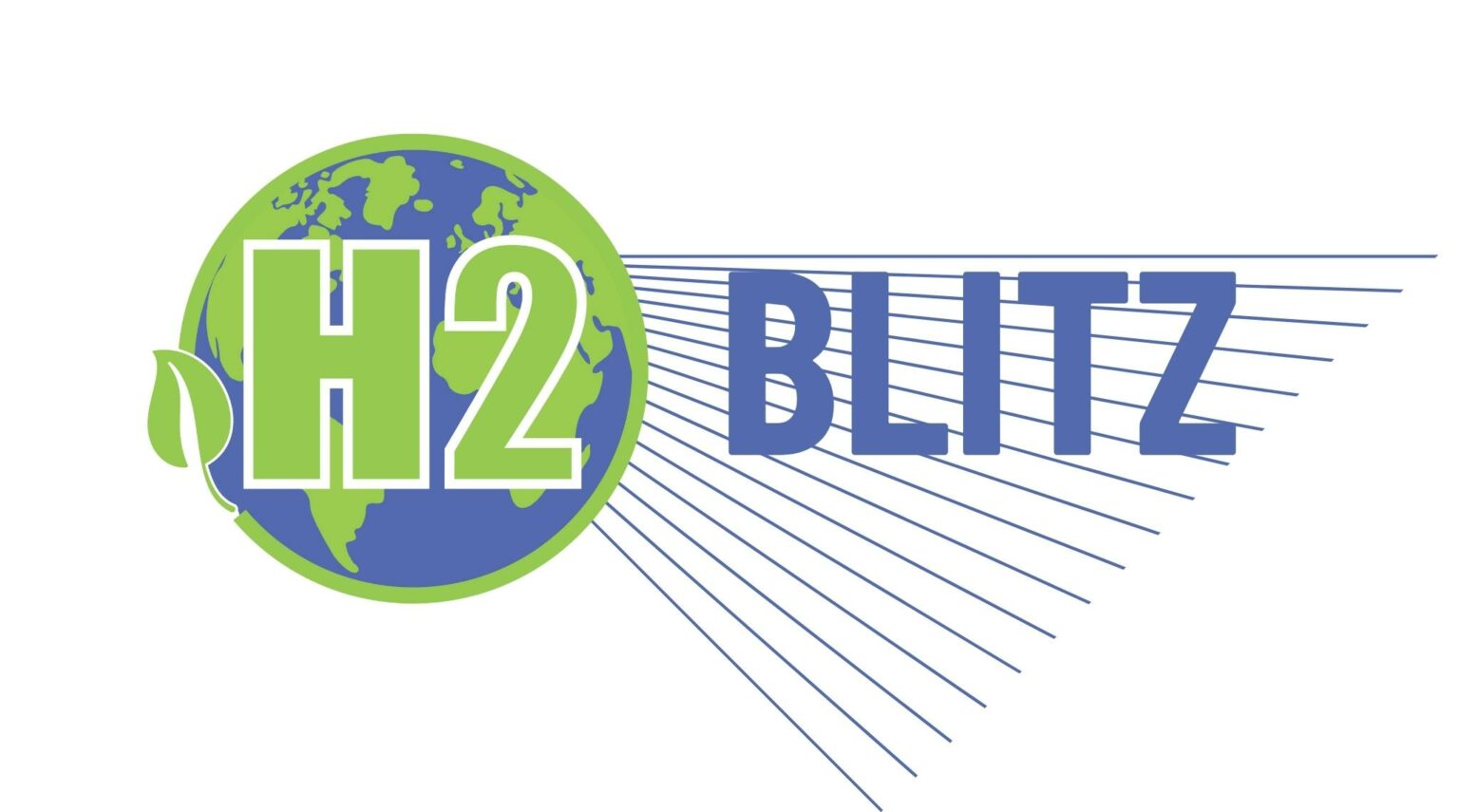Suntory Spirits achieves first with hydrogen distillation in whisky production
Suntory Spirits Ltd., a leading Japanese whisky producer, has successfully run a trial of whisky production using 100% hydrogen for direct-fired distillation at its Yamazaki Distillery, marking a first worldwide. The distilled spirits from this experiment showcased the same quality and flavor as those produced using traditional natural gas.
This achievement is significant in Suntory’s quest to decarbonize whisky manufacturing while preserving the superior craftsmanship of its products. The goal is to confirm the viability of this technology on a commercial scale at the Hakushu Distillery in Japan, where the company plans to establish the country’s biggest “Yamanashi Model Power-to-Gas (P2G) System” for green hydrogen production.
Project Acorn’s first airport trial completed at Bristol Airport
The first airport trial of its kind at a major UK airport, Project Acorn, was a ground-breaking airside hydrogen refuelling experiment spearheaded by easyJet and supported by many cross-industry partners. It was completed successfully at Bristol Airport.
Ground support equipment (GSE)—specifically, luggage tractors—was powered and refueled by hydrogen in order to maintain easyJet passenger aircraft. The trial, which is being carried out as part of the airline’s regular operations, shows that the gas can be used to refuel ground equipment in a busy, active airport environment in a safe and reliable manner.
Over a year was spent developing Project Acorn, which involves numerous other top organizations from the fields of aviation, engineering, logistics, and academics. These include the IAAPS research institute, Jacobs, Mulag, TCR, Cranfield Aerospace Solutions, Cranfield University, Connected Places Catapult (CPC), DHL Supply Chain, and Fuel Cell Systems.
Germany unveils new hydrogen pump
Germany has developed a scalable system demonstrator for alkaline pressure electrolysis that can produce 1MWel. The system will keep running in the H2 GeNeSiS model zone as of 2026, supplying hydrogen to the new pipeline that runs beside the Neckar River.
This development is a component of the Baden-Württemberg Center for Solar Energy and Hydrogen Research (ZSW) project, “Electrolysis Made in Baden-Württemberg,” which was completed in 2023 with the participation of 40 companies.
The project’s success was further aided by the Leonberg pump specialist LEWA. The water needed for hydrogen generation is fed into the process by an ecoflow diaphragm metering pump with an Ex motor.
